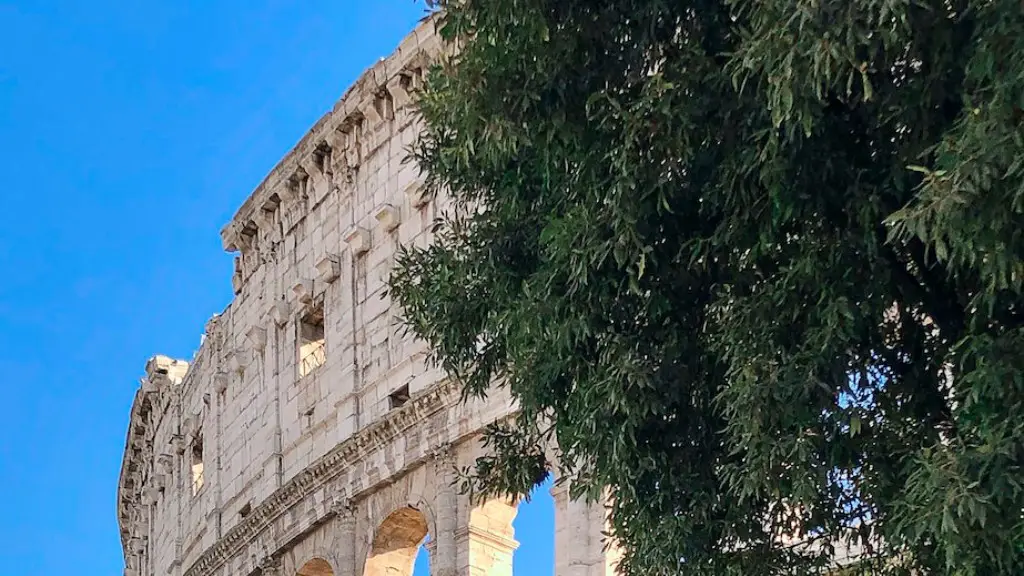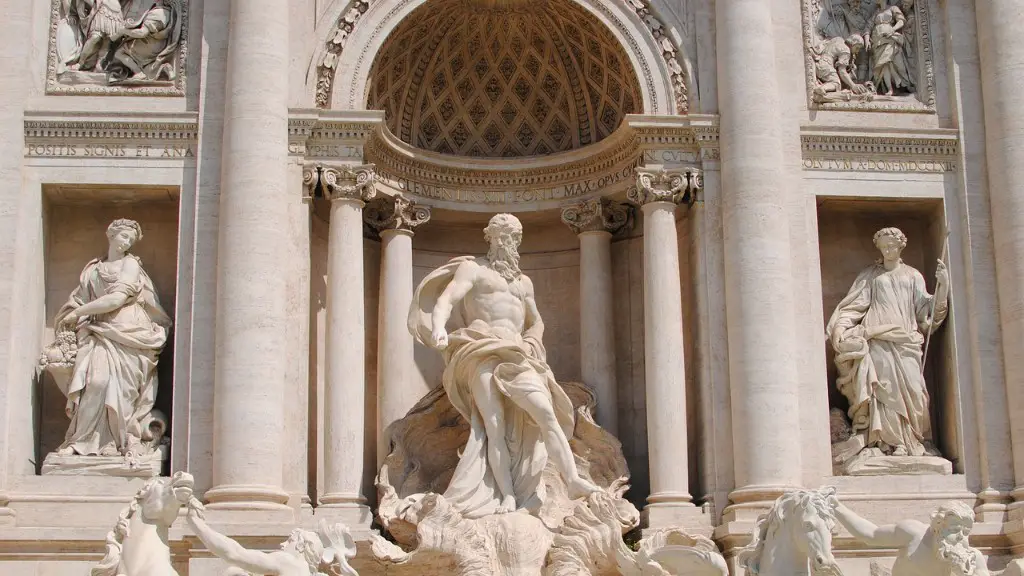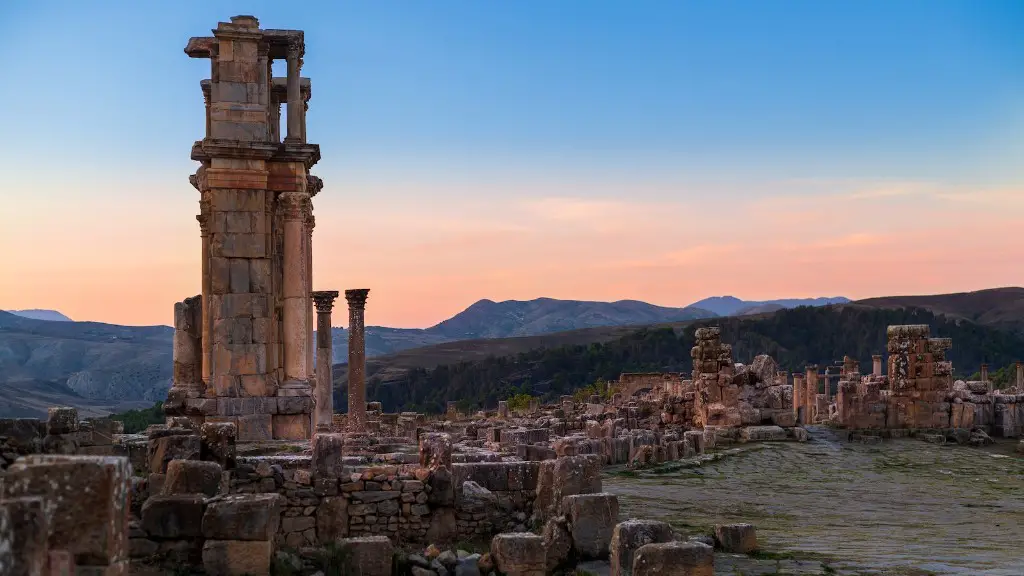The invention of the ancient Roman government is an interesting subject that has been studied for thousands of years. The Romans established a government system that was incredibly advanced for its time, and is still revered for its efficiency and structure today. This article will provide a comprehensive overview of the various aspects of the Roman government in addition to its impact on later governments and the legacy it left behind.
The ancient Roman government was a Republic, meaning the government was run by elected officials. The Republic was founded in the 6th century BCE by Lucius Junius Brutus, who was elected as the first consul of the Republic. The two consuls were jointly responsible for enacting laws and Commander-in-Chief of the military. They were able to veto each other, and could not be impeached or removed from office. This system of checks and balances proved to be an effective way to ensure the power of the Roman government was kept in check.
The Senate was the main governing body of the Roman Republic, with 300 of the most powerful members of society elected to serve on it. It had the power to enact laws, declare war and peace, and oversee the economy of the country. The Senate was composed of a members of the Patrician class, which made up the upper class of Roman society. While the senate held great power, it was also limited by the Plebian Council, which was a group of elected representatives from the lower classes of Roman society who acted as a check on the Senate’s power.
The Roman Senate also had the power to appoint a dictator in times of crisis, who was the supreme commander of the army. He had the power to enact laws for a period of six months and was seen as a guardian of the state. The dictators were rarely used, but this power was an important part of the system of government. The economy of the Roman Republic was largely based on agriculture and trade, and the Senate had the ability to oversee its management.
The Romans were also very advanced when it came to the law and justice system. They created a complex system of 12 tables, which provided a clear set of guidelines and punishments. This was responsible for setting out marriage, inheritance, and land ownership rights. This system of law was heavily influential on later governments, including the United States of America, which adopted many of the same principles.
The legacy of the ancient Roman government still lives on today. From language to culture, the impact of Roman society can be felt all over the world. The legacy of the Roman Republic lives on in the governments of many countries, including the United States of America and the United Kingdom, both of which have adopted some of the same principles of the Roman Republic in their Constitution.
Impact of the Ancient Roman Government
The impact of the ancient Roman government can be seen in many different ways. The Romans had a great impact on the development of democracy, and their system of government was an inspiration to many other countries. They established a system of representative democracy that is still used today, and the legacy of their system of law can be seen in many legal systems around the world.
The Romans were also instrumental in the spread of Christianity, which was instrumental in the development of Western civilisation. They outlawed pagan religion and actively promoted Christianity, which had an enormous impact on the trajectory of civilisation. In addition, their system of law helped to shape the way we understand justice and morality today. The Roman concept of justice was rooted in the idea of fairness and a respect for human dignity, which is still seen in modern democracies.
The legacies of the ancient Roman government have been incredibly influential in the modern world. The concept of democracy has been adopted by many different countries, and the principles of law have been used to shape the legal systems of many countries. In addition, the spread of Christianity has had a long-lasting impact on our culture and civilisation.
Legacy and Influence
The legacy and influence of the ancient Roman government are still felt in many aspects of modern life. The Roman Republic was unparalleled in its organisation and efficiency, and this was instrumental in the rise of the Roman Empire. The legacy of the Roman Empire is still felt today in the form of architecture, urban planning, language, and culture.
The legacy of the Roman Republic also lives on in the legal system, particularly in systems of civil law. These systems of legal codes are based on the same principles as the Code of Justinian, which was the foundation of the Roman legal system. This is still seen in many countries, including France and Germany. In addition, the concepts of democracy and representative government were established during the Roman Republic, which has had a major influence on modern governments.
The legacy of the Roman Republic also lives on in the form of language. Latin, the official language of the Roman Republic and Empire, has had a huge influence on other languages, particularly English. Many legal terms, including “defendant” and “plaintiff” come from Latin, and it is still used in academic disciplines today. This speaks to the influence and importance of the Roman language and society.
Conclusion
The ancient Roman government was an incredibly advanced and forward-thinking system of government. From innovations in the fields of law and justice to the spread of Christianity, the legacy of the Roman Republic lives on today. The concepts of democracy, civil law, and language have been adopted and adapted by many governments around the world. This speaks to the importance and influence of the ancient Roman government, which is still felt today.



